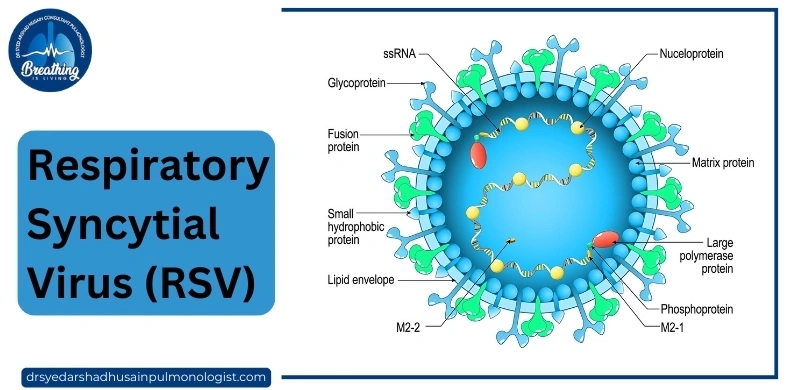Aging is quite natural, but as we age, our immune system starts to weaken, and it does not remain the same as when a person was younger. Due to a weak immune system, aging has become a major reason for many serious diseases, including respiratory syncytial virus (RSV). Actually, RSV is often associated with infants and young children, but it also poses quite a significant threat to older people. RSV, a common respiratory virus, can lead to severe complications in older adults, particularly those with underlying health conditions. This blog will explore the symptoms, risks, and precautions related to RSV in the 60+ population.
Understanding RSV in Older Adults
RSV is a contagious virus that infects the respiratory tract; it usually occurs when this virus enters through the ear, nose, or mouth. It spreads simply through the air on infected respiratory droplets. Which leads to illnesses that range from mild cold-like symptoms to severe respiratory distress. While most healthy adults recover from RSV in a week or two, the virus can be particularly dangerous for those over 60, especially if they have pre-existing health conditions like heart disease or chronic obstructive pulmonary disease (COPD).
Why Older Adults Are More Susceptible
- Weakened immune system: Aging reduces the body�s ability to fend off infections.
- Chronic health conditions: Heart and lung diseases increase vulnerability.
- Close contact in care settings: Older adults in nursing homes or hospitals are at higher risk.
Symptoms of RSV in the 60+ Population
Recognizing the symptoms of RSV early on is crucial for timely intervention, especially for older adults who may be more susceptible to severe illness.
1. Cold-like Symptoms
In the early stages, RSV often mimics a common cold, making it easy to overlook.
- Runny or stuffy nose: Common initial sign.
- Sore throat: Often accompanies nasal symptoms.
- Mild cough: Usually persistent but not severe at first.
2. Persistent Cough and Wheezing
As the infection progresses, the cough may worsen, and wheezing can develop.
- Worsening cough: Often becomes more intense and persistent.
- Wheezing: Indicates respiratory involvement, especially in those with lung issues.
- Shortness of breath: Difficulty breathing can develop, particularly during physical activity.
3. Fever and Fatigue
RSV can cause fever and a general feeling of being unwell.
- Low-grade fever: Typically mild but persistent.
- Fatigue: Can be more pronounced in older adults.
- Body aches: Commonly experienced, adding to overall discomfort.
4. Respiratory Distress
In severe cases, RSV can lead to serious respiratory problems requiring medical attention.
- Rapid or difficult breathing: A sign of severe RSV infection.
- Chest pain or tightness: May occur as breathing becomes more labored.
- Bluish skin: Indicating a lack of oxygen, requires immediate medical intervention.
Precautions to Prevent RSV in the 60+ Population
Taking proactive steps to prevent RSV infection is vital for older adults, particularly during the peak season for respiratory illnesses.
1. Get Vaccinated
While there isn�t a specific vaccine for RSV yet, other vaccinations can help reduce the risk of complications.
- Flu vaccine: Reduces the risk of co-infection with influenza.
- Pneumonia vaccine: Helps prevent severe lung infections.
- COVID-19 vaccine: Protects against respiratory complications from COVID-19.
2. Practice Good Hygiene
Simple hygiene practices can go a long way in preventing the spread of RSV.
- Frequent handwashing: Especially after being in public places.
- Avoid touching the face: Particularly the nose, mouth, and eyes.
- Sanitize surfaces: Regularly clean high-touch areas like doorknobs and light switches.
3. Limit Exposure
During RSV season, it�s essential to minimize exposure to potential sources of infection.
- Avoid crowded places: Particularly during peak respiratory illness seasons.
- Wear masks in public: Especially in healthcare settings or crowded indoor spaces.
- Stay away from sick individuals: Limit close contact with people showing cold-like symptoms.
4. Maintain a Healthy Lifestyle
A healthy lifestyle can strengthen the immune system and reduce the risk of severe RSV complications.
- Balanced diet: Focus on nutrient-rich foods that boost immunity.
- Regular exercise: Helps maintain overall health and respiratory function.
- Adequate sleep: Take proper rest so that the body can fight off infections effectively.
Read More : Obstructive Sleep Apnea
Risks Associated with RSV in Older Adults
While RSV is generally mild in younger, healthy individuals, it can pose serious risks to those over 60, especially if they have underlying health conditions. Understanding these risks can help in taking necessary precautions.
1. Pneumonia
One of the most severe complications of RSV in older adults is pneumonia, which can be life-threatening.
- Infection spreads to lungs: Leading to inflammation and fluid accumulation.
- Increased hospitalization risk: Particularly for those with weakened immune systems.
- Longer recovery times: Often requiring prolonged medical care.
2. Exacerbation of Chronic Conditions
For older adults with pre-existing health conditions, RSV can worsen their symptoms.
- Worsening of COPD or asthma: Leading to increased difficulty in breathing.
- Heart disease complications: May lead to further cardiovascular issues.
- Increased risk of hospitalization: Due to the exacerbation of existing conditions.
Read More: Vaccine Solutions For Asthma And Reactive Airway Diseases
3. Severe Respiratory Distress
In extreme cases, RSV can cause severe respiratory distress, requiring intensive medical care.
- Need for oxygen therapy: To maintain adequate oxygen levels.
- Risk of intubation: In critical cases, mechanical ventilation may be required.
- Increased mortality risk: Especially for those with multiple health issues.
Conclusion
RSV is a common virus that can pose serious risks to older adults. Recognizing the symptoms early, understanding the risks, and taking the necessary precautions can help prevent severe illness and complications. By staying vigilant and following preventive measures, those over 60 can protect themselves from the potentially dangerous effects of RSV and maintain their health during the respiratory illness season. For further consultations about RSV, feel free to consult with Prof. Dr. Syed Arshad Husain, the best pulmonologist in Dubai.



